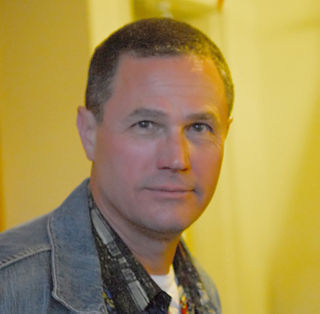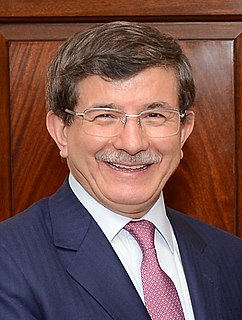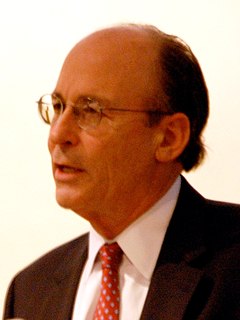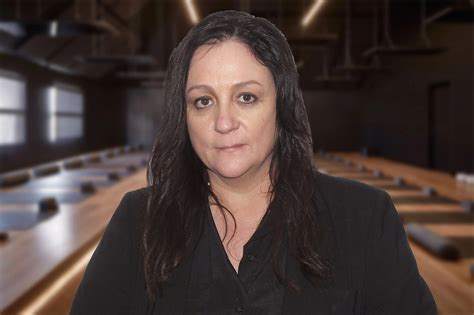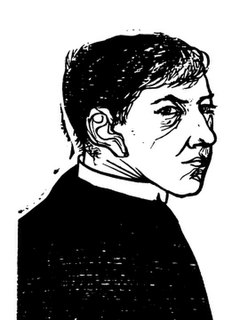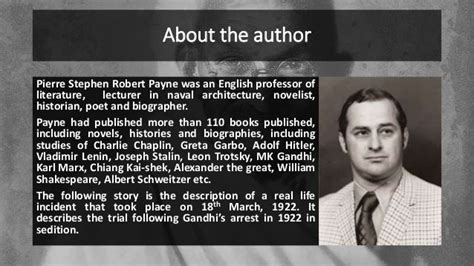A Quote by Robert Crais
Related Quotes
I think some people are not interesting to themselves. They're the sad, resigned folk. When people call themselves ordinary - "I'm just an ordinary person" - you do wonder what they mean, because people who call themselves ordinary occasionally turn out to be serial killers. Beware of those who say they're ordinary.
My books are about ordinary people, like you, me, people on the street, people who really have an expectation of reasonable happiness in life, want their life to have a sense of security and predictability, who want to belong to something bigger than them, who want love and affection in their life, who want a good future for the children.
I disregard the proportions, the measures, the tempo of the ordinary world. I refuse to live in the ordinary world as ordinary women. To enter ordinary relationships. I want ecstasy. I am a neurotic — in the sense that I live in my world. I will not adjust myself to the world. I am adjusted to myself.
Now most people do not want an ordinary life in which they do a job well, earn the respect of their collaborators and competitors, bring up a family and have friends. That's not enough any more, and I think that is absolutely tragic - and I'm not exaggerating - that people feel like a decent, ordinary, fun life is no longer enough.
I advise you to stop sharing your dreams with people who try to hold you back, even if they're your parents. Because, if you're the kind of person who senses there's something out there for you beyond whatever it is you're expected to do - if you want to be EXTRA-ordinary- you will not get there by hanging around a bunch of people who tell you you're not extraordinary. Instead, you will probably
become as ordinary as they expect you to be.
I don’t think there is any such thing as an ordinary mortal. Everybody has his own possibility of rapture in the experience of life. All he has to do is recognize it and then cultivate it and get going with it. I always feel uncomfortable when people speak about ordinary mortals because I’ve never met an ordinary man, woman, or child.
What I bring to the interview is respect. The person recognizes that you respect them because you're listening. Because you're listening, they feel good about talking to you. When someone tells me a thing that happened, what do I feel inside? I want to get the story out. It's for the person who reads it to have the feeling . . . In most cases the person I encounter is not a celebrity; rather the ordinary person. "Ordinary" is a word I loathe. It has a patronizing air. I have come across ordinary people who have done extraordinary things. (p. 176)
